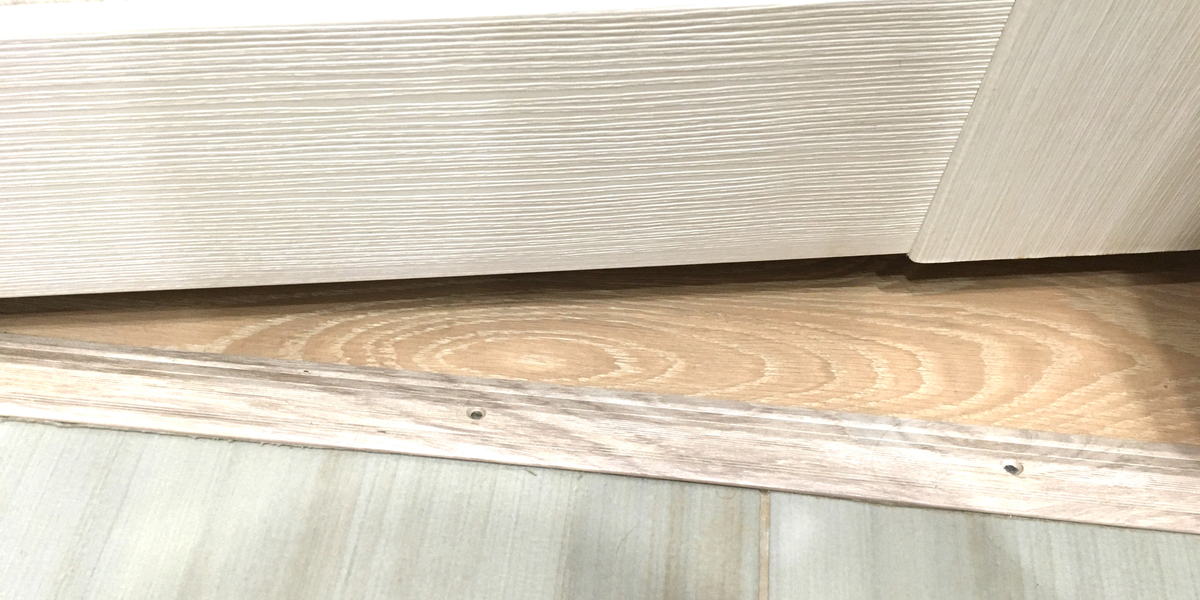Last month, we relayed positive news from uniQure’s trial testing AMT-130, a gene therapy delivered via brain surgery to lower huntingtin (HTT). Data released by uniQure in June suggested AMT-130 was safe and well tolerated in the small group of people that were treated with a low dose of the drug. Now we’re back to provide an update on findings from the group of people treated with a higher dose of AMT-130. This new set of data shows that the higher dose of the drug may be causing serious side effects. This doesn’t necessarily mean AMT-130 doesn’t work and won’t move forward, but it does mean that we need to take a pause, really look into what the data are telling us, and work out a safe plan to move forward for people being treated with the drug.
Despite setbacks, HTT lowering is still considered an attractive strategy by many researchers
One advantage researchers that study Huntington’s disease (HD) have is that we know exactly what causes HD – an expansion in the HTT gene. The expanded HTT gene produces an expanded HTT message that is then processed into an expanded form of the HTT protein that causes damage in brain cells. So, in theory, reducing the presence of that expanded HTT protein could alleviate the symptoms associated with HD because it directly targets the root cause of the disease. This means that despite recent setbacks for several clinical trials designed to lower HTT levels, HTT lowering is still considered an attractive strategy for HD therapeutics by many researchers.
There are several different ways researchers are trying to lower HTT. The first horse out of the gate in the HTT lowering race were antisense oligonucleotides (ASOs). These are short sequences that bind to a specific message which then cause it to be degraded. Without the message, no protein can be produced. So while the gene remains intact, the protein is never made. This type of HTT-lowering technology is being explored by Roche with their drug tominersen that took a step back to find the right dose and patient population. Wave Life Sciences is also using ASOs to selectively lower the expanded copy of HTT with their ongoing Phase I/II trial for WVE-003, SELECT-HD.
Another way to lower HTT that’s being tested in clinical trials is through “splice modulators”. These are drugs that change how the genetic message is edited. Like a story, every gene has a beginning, middle, and end. The end is a specific sequence that tells molecules in the cell to stop reading the code for that gene. Splice modulators work by editing the message to move that ending code up, confusing the sequence of that gene. So rather than a beginning, middle, and end, the story is just a beginning and end. The cell recognizes that this makes no sense and stops producing that protein.
HDBuzz recently wrote about the splice modulator branaplam, being tested by Novartis in the VIBRANT-HD study, for which dosing was suspended due to safety concerns. Another splice modulator, PTC-518, is being tested by PTC Therapeutics. Even though PTC-518 works in a similar way to branaplam, a head-to-head comparison of these drugs suggests they are actually quite different. So bad news for one doesn’t necessarily mean there will be bad news for the other. We’re still eagerly waiting for news about the PTC-518 trial!
AMT-130 is a one-shot gene therapy approach to lower HTT
A third way to lower HTT is through gene therapy, which is the technology being used by uniQure with AMT-130. This drug works by using a harmless virus to deliver DNA instructions that will destroy the HTT message. The HTT gene still exists in its original form, but now the cell contains a new message that will prevent the production of the HTT protein. Because the cells infected with the harmless virus contain the genetic instructions, they can make the HTT lowering message all on their own. This means AMT-130 is a one-and-done approach – deliver the therapy through a single procedure, and the cells will continue to make the instructions that allow them to lower HTT. This is both exciting and nerve-wracking. While it means only one treatment is necessary, it also means any changes are likely permanent.
To get AMT-130 directly where it’s needed most – the brain – it’s delivered using brain surgery. Because brain surgery is always risky, this trial was rolled out very slowly to be as careful as possible. After the first 2 surgeries were complete, the participants were watched to make sure there were no immediate negative effects. When everything went well, surgery for the rest of the study participants continued.
The trial testing AMT-130, HD-Gene-TRX1, is a Phase I/II designed to test safety and tolerability of the drug as well as find the right dose that will work for people with HD. Because one of the primary goals of this study was finding the right dose that will work best for people with HD, 2 groups were tested: a low dose group and a high dose group. Scientists at uniQure believe that the higher dose of the drug will not necessarily lower HTT further in each cell, but that more drug will mean that more brain cells will have their levels of HTT lowered by the same amount.
36 people in total were enrolled in uniQure’s AMT-130 study: 10 that received an imitation surgery that will act as the control group, a critical part of any study, and 26 people in the treatment group. Of the 26 in the treatment group, 12 were treated with a low dose of AMT-130 and 14 were in the group for the high dose. So far, 12 of those 14 have undergone surgery.
In June we got an update from uniQure about people that were treated with the low dose of AMT-130 12 months after their surgeries, which HDBuzz wrote about. In that group, the surgeries and drug were well tolerated with no major safety issues reported. uniQure shared that preliminary data indicating that HTT seemed to be lowered more in the group treated with AMT-130 than the control group. While this is exciting news because it means AMT-130 appears to be doing what we want it to do – lowering HTT – this was reported in a very small group of only 4 participants.
Some participants in the AMT-130 study have suffered serious side effects
In early August, uniQure made an announcement about participants from the high dose group in the AMT-130 study. Three participants (out of 14) from this arm of the study were found to have severe adverse reactions by an independent safety review committee. Two people that underwent surgery in Europe reported swelling and a third person, treated at a U.S. location, reported a severe headache and related symptoms shortly after surgery. While this is very upsetting and disappointing news, importantly, all three patients have either fully or substantially recovered and have now been released from the hospital.
What’s next for AMT-130?
There are many theories as to why these patients suffered these side effects, including some form of immune response. However, there is no clear or definitive explanations just yet and we must wait for further information before jumping to conclusions.
While the safety review committee doesn’t suspect the effects observed in the high-dose group of the trial are due to the drug itself, surgeries for the remaining 2 participants in this arm of the study have been halted for now. The low-dose arm is proceeding as planned and all trial particiants – in both the low- and high-dose groups – will continue to be followed for the duration of the trial. uniQure still expect to report data from the trial according to the originally planned schedule and we will be hearing further updates from the company about this trial in early 2023.
What does this mean for HTT lowering as an approach to treat HD?
The HD community has received disappointing news from many of the HTT lowering trials now and it is easy to feel like perhaps this is not a good strategy to keep pursuing to try and treat people with HD. It is important to keep a few things in mind though as all is not lost just yet. All of these trials have suffered very different problems and we only really have theories for why they haven’t panned out as we hoped, all of which might be unrelated to HTT lowering itself. All of these trials are also treating people with HD who are already showing symptoms and perhaps these folks are more vulnerable to potential side effects from these drugs. It’s important to note that none of these trials have given us a definitive answer as to whether HTT lowering in people with HD will improve symptoms or change the course of the disease. As the uniQure trial continues, we hope that the next data release might shed some light on this important question.







